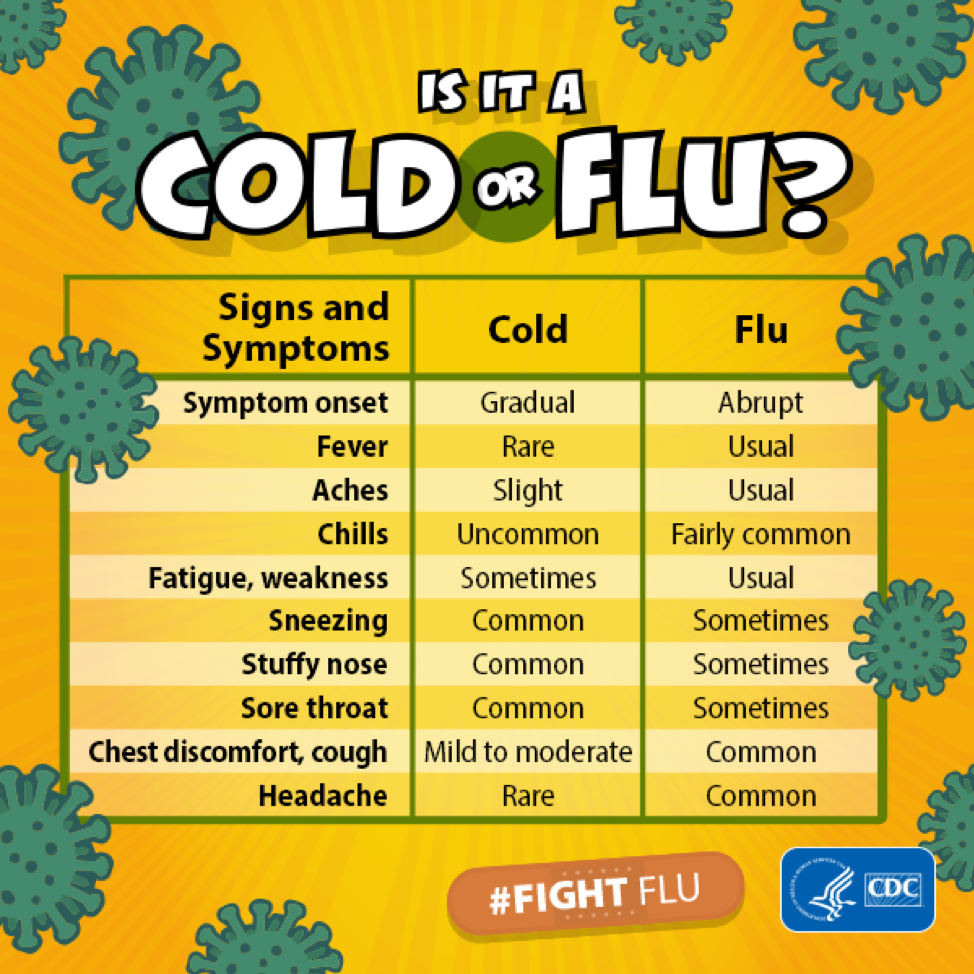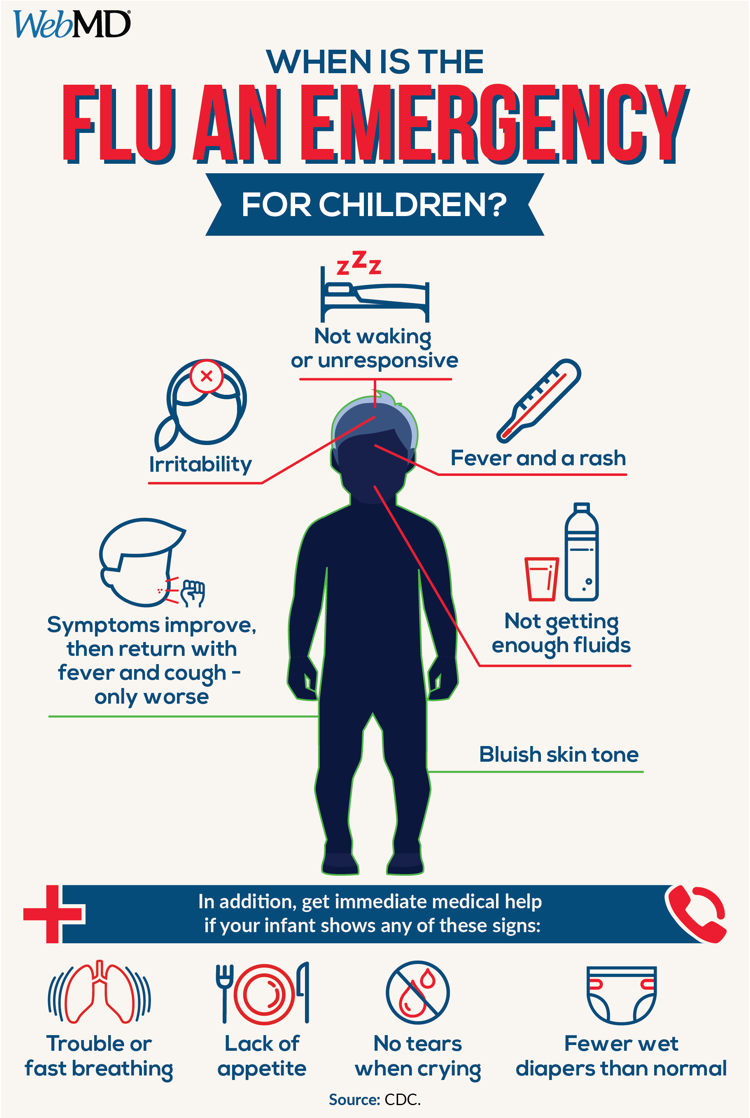Get your flu shot now!
Face it, nobody wants the flu. Read on to get some tips and learn how you can lessen your chances this flu season.
Flu season in Florida typically runs from October to March and tends to peak in February. The best way to protect yourself against the flu is to get a flu vaccine in late September or October. The vaccine doesn’t provide an immediate shield of protection as it takes 10-14 days for it to reach its peak effectiveness.
Those most affected by the flu are children, senior adults, pregnant women and those with a chronic medical condition such as asthma, diabetes, heart disease or obesity. Patients with compromised immune systems due to cancer, HIV or other conditions also need to be proactive. Additionally, healthcare workers are also particularly vulnerable due to their exposure.
When is the flu an emergency for children?
Though the flu itself is no walk in the park, the real risk comes in the complications that can arise. These include pneumonia, bronchitis and sinus and ear infections.
So, what are the symptoms of the flu? Flu symptoms tend to come on more suddenly than a cold. The symptoms include fever, chills, cough, sore throat, runny nose, muscle or body aches, headache and fatigue. Less common symptoms include vomiting and diarrhea, but these are more common in children. However, not everyone with the flu necessarily gets all the symptoms. You can have the flu and not have a fever.
If you think you’ve gotten the flu, you should stay home from work or school, rest and avoid contact with others. It’s important you get medical care- urgent care is a great option – if you have any of these warning signs:
In children,
- Fast or troubled breathing
- Bluish skin color
- Severe crankiness
- Fever plus a rash
- Lack of interaction
- Not drinking fluid
In adults, be on the lookout for:
- Breathing trouble
- Pain or pressure in the chest or belly
- Dizziness or confusion
- Severe or persistent vomiting
For both children and adults, if symptoms start to improve but then return with a fever or worsening cough, you should seek medical care.
In general, the flu has to run its course and most doctors focus on treating the symptoms to prevent complications. However, there are a few antiviral medications such as Xofluza, Tamiflu, Rapivab and Relenza that can lessen your symptoms and shorten your sick time by a few days according to the CDC. Those that are higher risk should see your doctor as soon as symptoms start as studies show these medications work best when started within 2 days of getting sick.
Other than getting vaccinated, you can lessen your chance of getting the flu by avoiding people who are ill. It’s always a good idea to practice good hygiene with frequent hand washing. Additionally, staying hydrated and getting a good night’s sleep can help keep your immune system healthy. You can also talk to your doctor about foods and supplements that may help. If you should experience symptoms, stay home, avoid crowds and always cover your mouth when you cough or sneeze.




